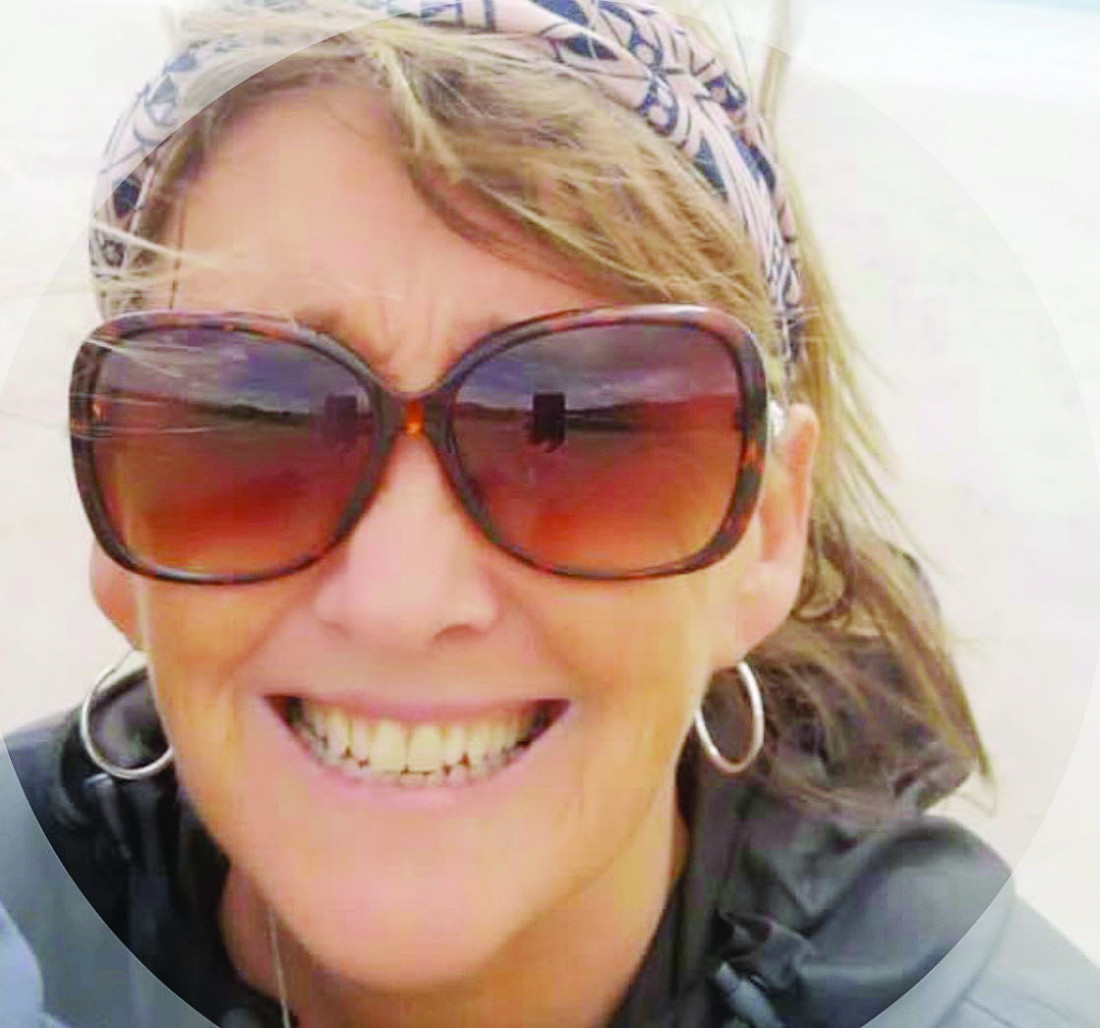by Louise Doyle
A DOWNINGS based traditional Irish musician, who leant her voice to a campaign on the impact the Covid-19 lockdown had on musicians in Donegal, has returned to the scene with a new offering.
Caoimhe Ní Mhaoileoin has teamed up with fellow Donegal musicians Declan PandemicMcClafferty and Martin Crossin to create their own version of the beautiful Fear a’ Bhàta. Translated to ‘The Boatman’, the song is a Scots Gaelic song from the the late 18th Century.
With her attention usually focused on instrumental music, Caoimhe has marked her return to the scene by taking the lead vocal on the song in her first solo recording.
The entire project was produced in Donegal, except for the mastering.
Released just before St Patrick’s Day on a number of platforms including bandcamp, Spotify, Amazon and iTunes, Caoimhe said reaction to the song has been very good.
Speaking to the Donegal News, Caoimhe said the talent of fellow Donegal musicians and the beauty of the county has created a beautiful offering.
“I am accompanied on the recording by two highly regarded musicians – Donegal singer, songwriter and multi instrumentalist Declan McClafferty and Donegal based Belfast multi instrumentalist and All Ireland champion uillean piper Martin Crossin.
“The song is a traditional Scottish love song, originally in Scottish Gaelic but this version has been translated into Irish Gaeilge. It was actually recorded in Declan’s utility toom in Ramelton and other than the mastering, it is a full Donegal production.
“A video by Donegal highly regarded local filmmaker Charlie Joe Doherty was also released. This beautiful black and white vintage video truly captures the nostalgia of the song, and is shot on location around Downings, Ros Goill and the Donegal coast.”
Originally from Belfast, Caoimhe and her four siblings spent their younger years playing and touring as the five-piece family band Ceoltóirí Ghoill.
A characteristic feature of the band was their harmonised a cappella singing in the Irish language. Their sets also included a couple of Swahili songs which they had picked up while living in Kenya, accompanied by five bongos and congos also picked up in Kenya.
The group were multiple award winners at both national and international level, winning the Letterkenny International Folk Festival, which earned them a recording contract with Polydor Records.
They featured on a Gael Linn compilation album of young All-Ireland winning musicians at the national Slógadh youth festival.
Also on the album were renowned musicians Iarla Ó Lionard (Afro-Celt Sound System), Sean Smyth (Lúnasa) and Martin Hayes (The Gloaming) among others.
They recorded a single on the Gael Linn label as well as an EP, and recorded a multi track demo which ultimately never got finished.
The band appeared regularly on Irish and international TV and radio and performed at festivals all over Ireland, in the UK including the Isle of Man and the Hebrides, and the US where they were first invited as Irish musical ambassadors for Rosalyn Carter’s Friendship Force.
They also performed in Germany and at the Interceltique Festival in Lorient.
The band eventually split up and Caoimhe and two of her siblings moved to Boston, where she lived and played with different Irish bands on the pub and festival scene before returning home to Donegal in 2012.
Since coming home, Caoimhe has been mostly playing and promoting Irish music locally in Downings.
In 2016 she founded Club Amhránaíochta Ros Goill and Club Ceoil Ros Goill, teaching music and song to children and adults.
She also started a weekly session in Downings where Club members of all ages and levels could come together to play in public with accomplished musicians, thus gaining confidence in their playing.
The sessions drew visiting musicians young and old from across Ireland to the UK and from North and South America to Europe and further afield, running weekly until being closed down due to the Covid pandemic.
This is something Caoimhe said she hopes to return to.
“The role music plays is very important in bringing people together, particularly in rural Donegal in the winter when nothing much is happening. I find there is a great uptake in children learning musical instruments. I believe it really helps their confidence, it gives them a voice,” said Caoimhe.










